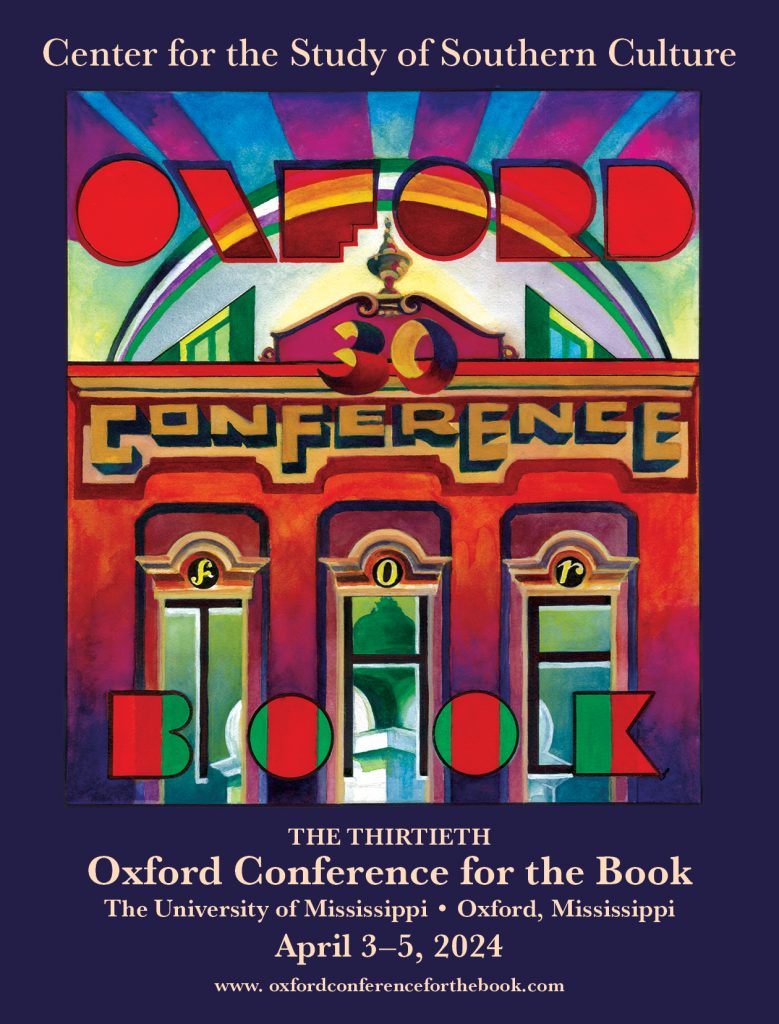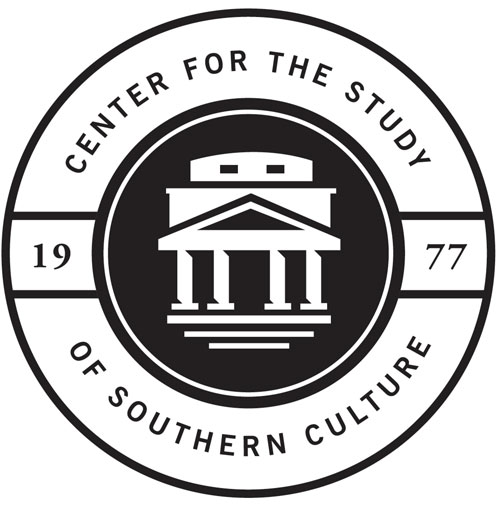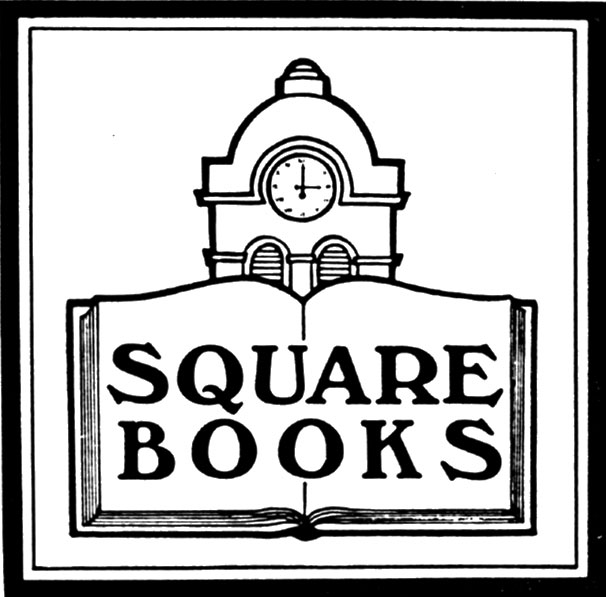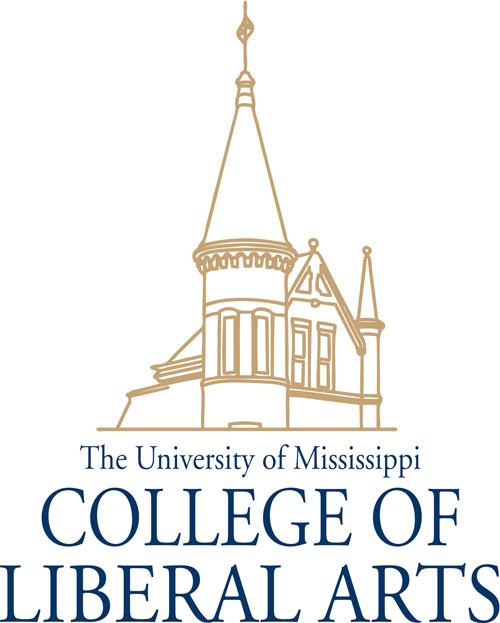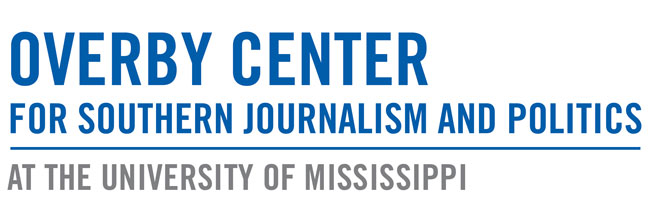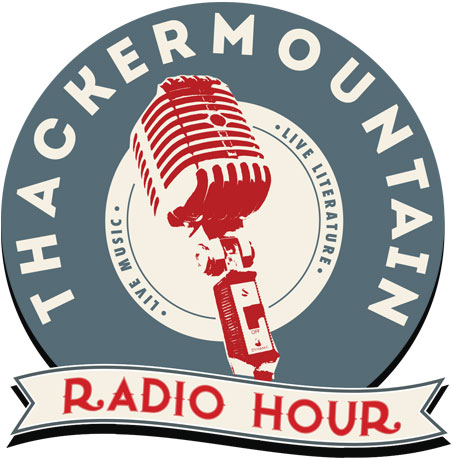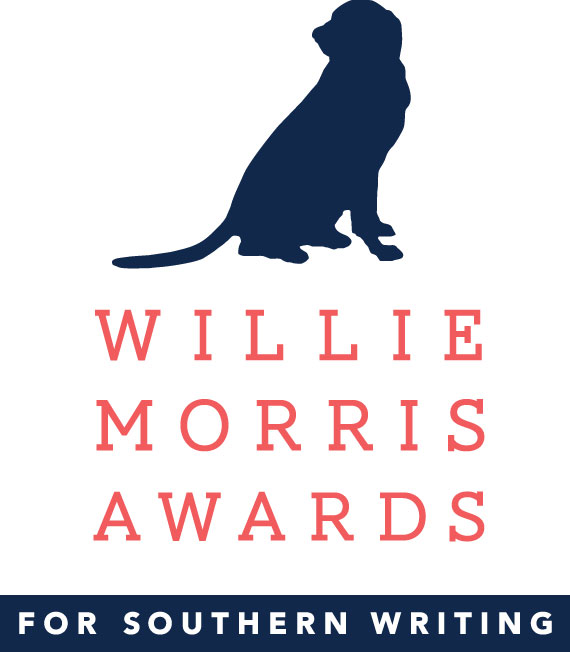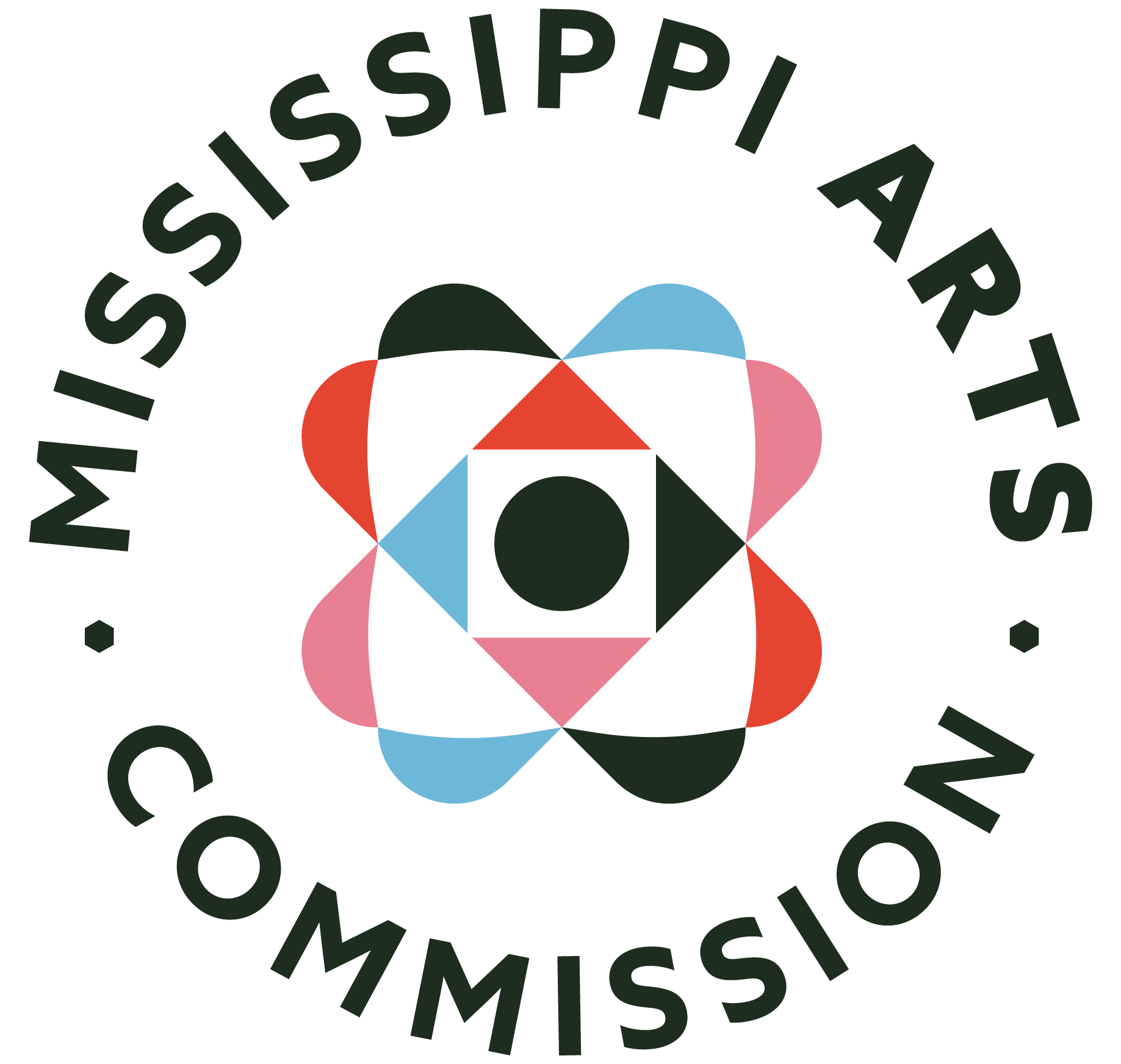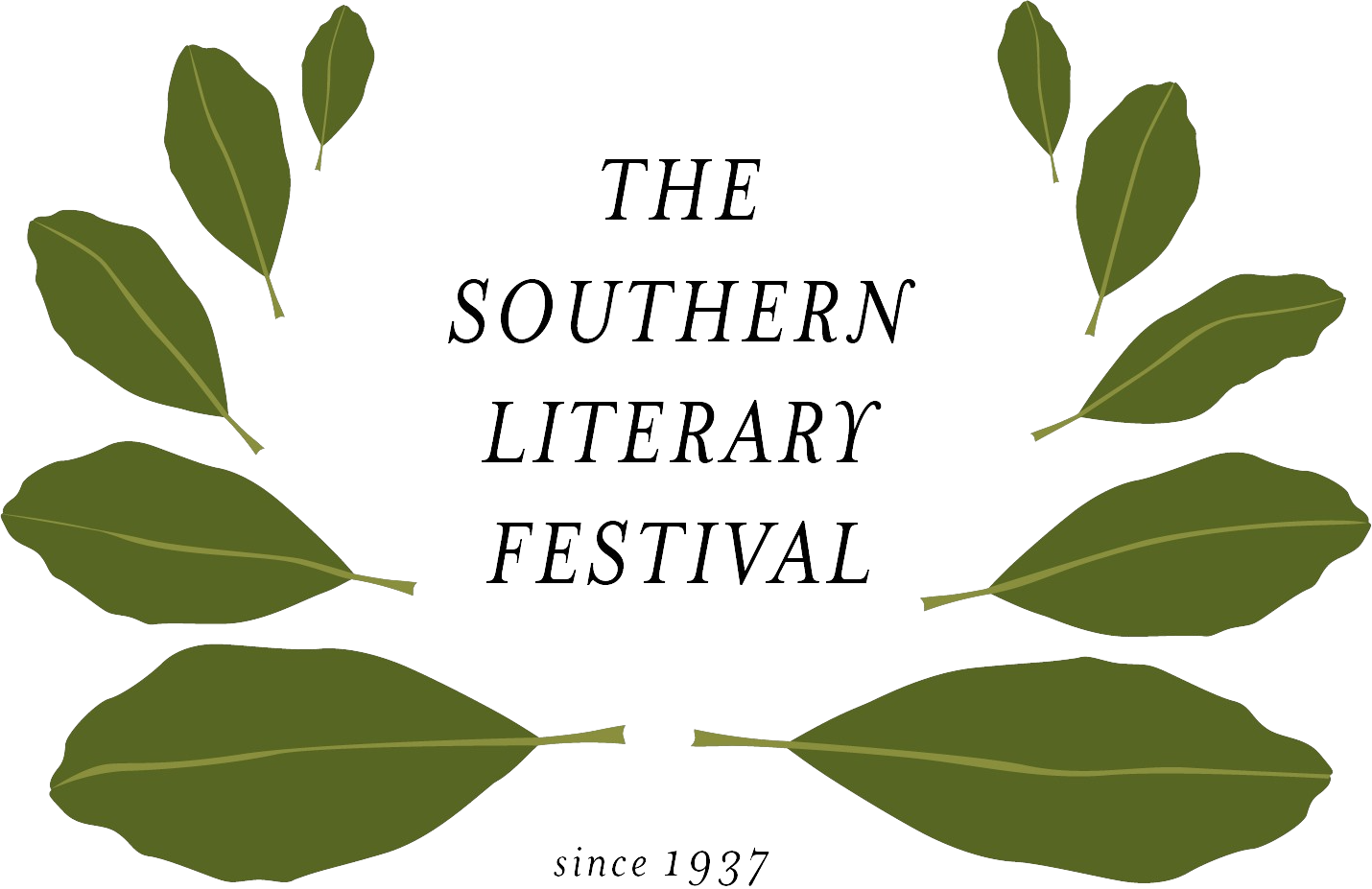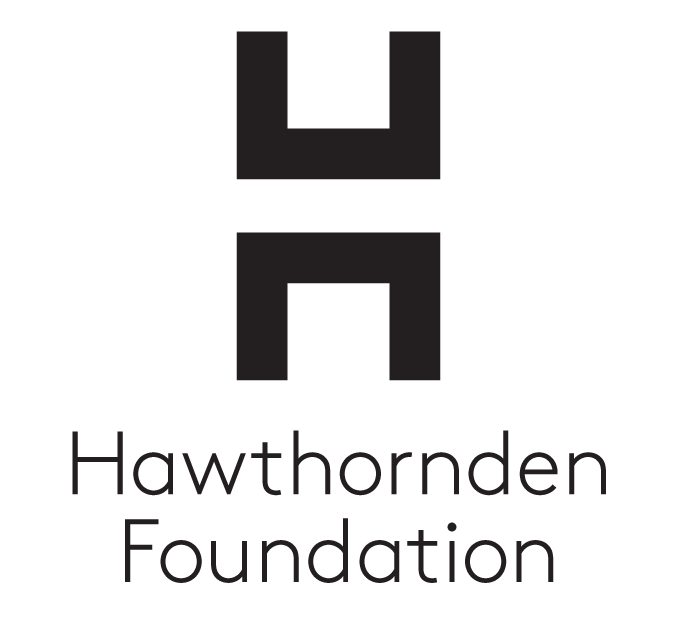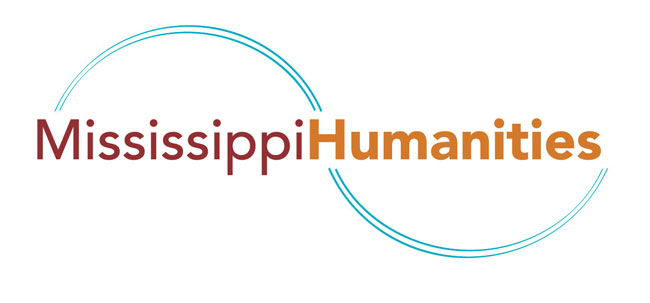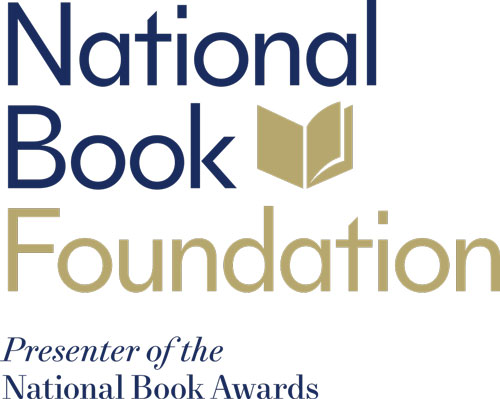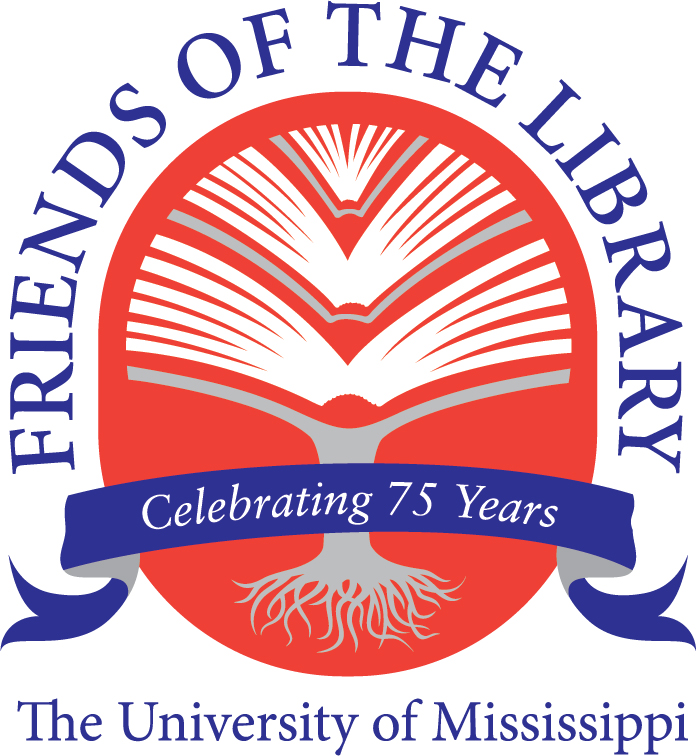A Short History of the Oxford Conference for the Book
In 1993 the Center for the Study of Southern Culture and Square Books partnered to form the Oxford Conference for the Book. Highlighting the achievements of both seasoned and emerging southern writers, the conference has become an annual gathering that brings together students, teachers, publishers, booksellers, writers, scholars, agents, editors, and booklovers.
The first Oxford Conference for the Book was a two-day event that featured panel discussions and lectures surrounding the topics of literacy, freedom of expression, and the book trade in the South. The first day of the conference included readings by some of the most renowned people in book culture, such as Barry Hannah, Willie Morris, Larry Brown, Kaye Gibbons, and George Plimpton. Charles Reagan Wilson offered his thoughts on the “History of the Book in the South,” and Oren Teicher and Thomas Freeland led a discussion on the “First Amendment Developments in the South.” Other participants in the program included Shannon Ravenel, John Y. Cole, Rea Hederman, James Linville, and William Styron, with sessions on publishing and writing autobiography and a fortieth birthday party for the Paris Review.
The conference coincided with the Mississippi Institute of Arts and Letters annual awards banquet, and the conference concluded with a celebration at Square Books for a fortieth birthday party for the esteemed Paris Review, with many writers in attendance.
The conference expanded its program the following year by including a writing workshop for aspiring writers, directed by Barry Hannah. Panel discussions and lectures covered a myriad of topics, such as the state of poetry, interactive books of the future, copyright and fair use, superstores and independent booksellers, and the effect of bestsellers on their authors’ lives. The conference also included a panel conversation with Barry Hannah, John Grisham, and Stephen King called “Surviving Success: Bestselling Authors Tell (Almost) All.” Louise Elisabeth Glück and Charles Simic spoke on the “Paradox of Poetry.” Other activities included a folk music opera based on William Faulkner’s As I Lay Dying.
In 1999 the conference began focusing on a specific southern writer each year. The first dedication ceremony paid tribute to Mississippi native Eudora Welty. In celebration of Welty’s ninetieth birthday, the program included a special lecture on Welty and her achievements as Mississippi’s first lady of letters. Participants included Carrie Brown, Kevin Baker, Wendell Berry, Jack Shoemaker, Jennifer Westbrook, Alice Faye Duncan, George F. Walker, and Stewart O’Nan.
Ted Ownby moderated a discussion entitled “Writing, Race, and the South” with Grace Elizabeth Hale, Eddy Harris, William Heath, Randall Kenan, and Henry Wiencek. Additionally, Kathryn McKee moderated a discussion with Lucinda MacKethan, Mary Wheeling, and Susan Millar Williams on “Writing Women Writers’ Lives.” The program concluded with readings and remarks from Ellen Douglas. Subsequent conferences focused, in part, on Willie Morris, Richard Wright, Tennessee Williams, Stark Young, Walker Percy, Flannery O’Connor, and Shelby Foote.
Over the years the conference has paid special tribute to a number of authors, including Willie Morris, Richard Wright, Tennessee Williams, Stark Young, Walker Percy, Flannery O’Connor, Shelby Foote, Larry Brown, Zora Neale Hurston, Walter Anderson, Barry Hannah, and Margaret Walker Alexandr.
The fourteenth Conference for the Book, in 2007, was dedicated to Larry Brown. Brown was a novelist, short story writer, memoirist, musician, ex-fireman, and native of Tula, Mississippi. His books included Facing the Music, Big Bad Love, Joe, Father and Son, and Fay, among others. In 2004, being nearly finished with his sixth novel, A Miracle of Catfish, Brown suffered a fatal heart attack.
Panels and discussions celebrated Brown’s life, writings, and music. Jay Watson led a panel titled “Writing about Larry Brown” with writers Kay Bonetti Callison, Suzanne W. Jones, and Matthew Guinn. Additionally, Jonathan Miles moderated a forum entitled “Larry Brown on Music,” which explored Brown’s love for music and musicians’ affinity for him. Other participants in the program included Marie Annie Brown (Brown’s wife), Bill Ray Brown (Brown’s son), Thomas Sayers Ellis, Sarah Combs, Rick Bass, Claiborne Barksdale, Ralph Eubanks, Charles Reagan Wilson, Ben Weaver, and Shay Youngblood.
To honor Brown, a tribute concert was held at Proud Larrys, emceed by author and musician Clyde Edgerton. The concert concluded with a release of a special-edition CD, Just One More, a musical tribute performed by Brown’s peers.
In 2008 the conference was dedicated to Zora Neale Hurston. Hurston was an anthropologist, folklorist, and prolific writer. By sharing southern African Americans’ everyday life, hardships, and triumphs, Hurston’s work helped bring southern African American culture to the mainstream.
Literary scholars Ethel Young-Scurlock, Deborah Plant, John Lowe, Adam Gussow, Renard Allen, and Nichelle D. Tramble led forums on Hurston’s influence on contemporary writers. Patricia Willis and Jan Murray reflected on Hurston’s impact in their session “Zora Neale Hurston and Friends at Yale.” The conference also included an open-mic poetry and fiction jam moderated by Christine Davis.
The program concluded with various celebrations, including a film adaption of Hurston’s Their Eyes Were Watching Godand a documentary about her life, a session commemorating the 100th anniversary of Richard Wright’s birth, and a program that marked the fortieth anniversary of the death of Martin Luther King.
In 2010 the seventeenth Oxford Conference for the Book was dedicated to Barry Hannah. Tragically, just three days before the conference began, Hannah passed away. As the University of Mississippi writer in residence and the director of the MFA program in creative writing, Hannah’s work made him one of Mississippi’s most distinguished and beloved writers, especially so in Oxford.
The conference continued, however, and included lectures, presentations, and panel discussions on the life and influence of Barry Hannah. William Harrison, Amy Hempel, Mark Richard, and Wells Tower spoke about “Barry Hannah as Writer.” Tom Franklin, Jonathan Miles, Anne Rapp, and Cynthia Shearer spoke about “Barry Hannah as Teacher.”
Additional program sessions included “Literature for Young Readers” with Kathryn McKee and Ingrid Law; John Grisham, Richard Howorth, and Daniel W. Jones’s conversation titled “Literary Oxford;” and Ralph Eubanks and Ted Ownby’s session on “Writing in 2010 about the Idea of Racial Identity.” Other speakers included Noel Polk, Peggy Whitman Prenshaw, John Quisenberry, Harry C. “Joe” Brown, Horace Newcomb, Elaine H. Scott, and E. Ethelbert Miller.
In 2015 the Center for the Study of Southern Culture and Square Books honored Margaret Walker for the Twenty-Second Oxford Conference for the Book. Walker was a critically acclaimed novelist and essayist. She taught at Jackson State University for more than thirty years and founded the Institute for the Study of History, Life, and Culture of Black People in Jackson, Mississippi.
The conference included a keynote lecture dedicated to Walker by Maryemma Graham. Conference panels explored a wide range of topics, including sports and race, heritage foods and foodways of the South, and writing for television. Reading sessions included writers LaShonda Katrice Barnett, Kent Osborne, Susan Ferber, David Shields, Phil Klay, John Renehan, F. Douglas Brown, Kent Russell, Charles Ross, Ted Ownby, and many more.
Each year, the conference has gained more and more momentum, becoming an event that brings hundreds or readers, writers, and book-industry insiders together. Since its inauguration, the conference has celebrated books, writing, and reading and has also dealt with practical concerns on which the literary arts and the humanities depend, including literacy, freedom of expression, and the book trade itself.
In 2020, as a result of the emerging covid-19 pandemic, the conference was canceled just before it was slated to begin. In 2021, however, the conference was held virtually. The conference paid tribute to former John and Renee Grisham Writer in Residence Randall Kenan. Four Grisham Writers in Residence, Maurice Carlos Ruffin, Tom Franklin, Mary Miller, and Aimee Nezhukumatathil, read “The Eternal Glory That is Ham Hocks,” one of the short stories from Kenan’s collection If I Had Two Wings, which was published only a few days before his untimely death. The reading was introduced by John T. Edge.
The conference included a conversation entitled “The Southern Environment” with Catarina Passidomo and Catherine Coleman Flowers discussing Coleman’s book, Waste: One Woman’s Fight against America’s Dirty Secret. There was also a poetry reading with Sandra Beasley, Teri Ellen Cross Davis, and Cortney Lamar Charleston, titled “Friends Old and New: A Poetry Session.” The readings were introduced by long-time conference participant Beth Ann Fennelly.
For the first time, the conference also included an award ceremony for the Willie Morris Awards for Southern Writing, hosted by Susan Nicholas. Novelist De’Shawn Charles Winslow received the Willie Morris Award for Southern Fiction for his novel In West Mills. Christian Garduno received the Willie Morris Award for Southern Poetry for his poem “Southern Horses.”
The conference concluded with a celebration of the University Press of Mississippi’s fiftieth anniversary with Pete Halverson, Tonia Lonie, Lisa McMurtray, and Jordan Nettles.
For more than twenty-five years, the Oxford Conference for the Book has been an enriching gathering for writers, publishers, editors, teachers, and lovers of literature and literacy throughout the years. With perseverance and dedicated staff, authors, and the support of the community, the conference has been able to highlight the impact of contemporary book culture on the South and remember the writers who helped cultivate book culture today.

